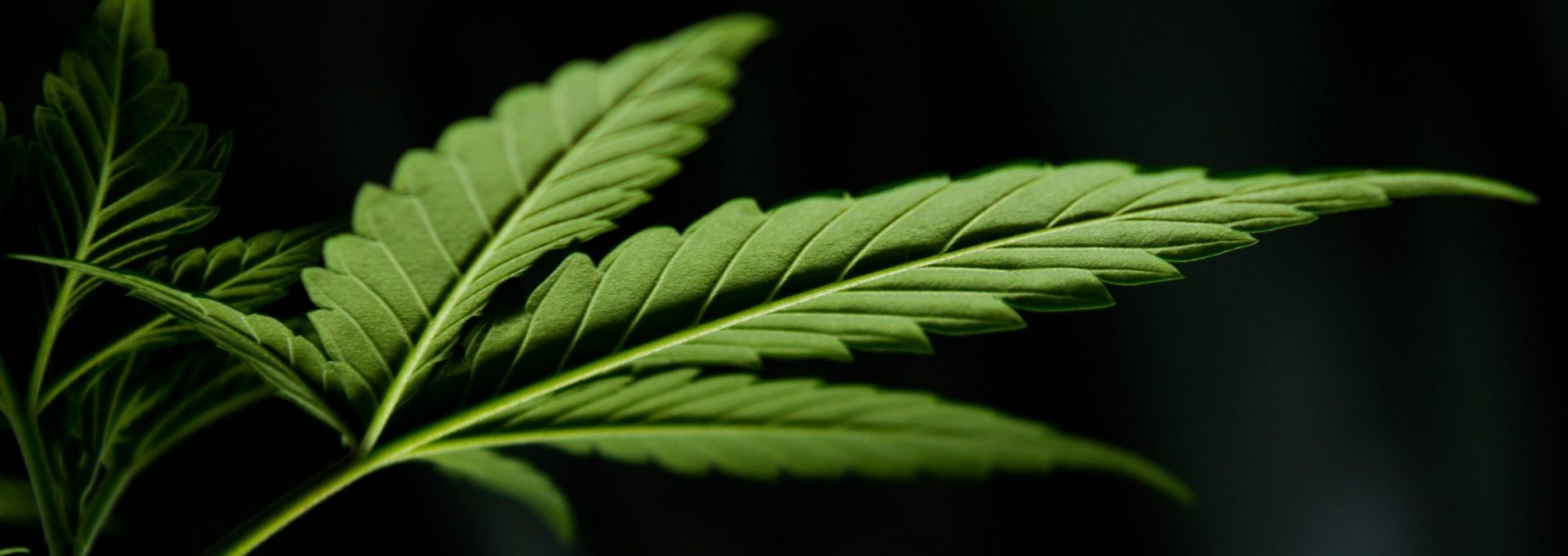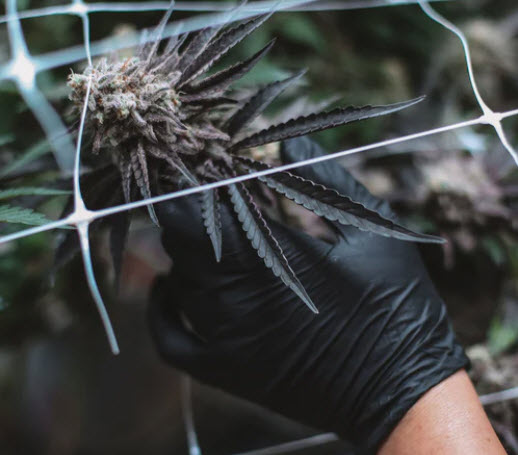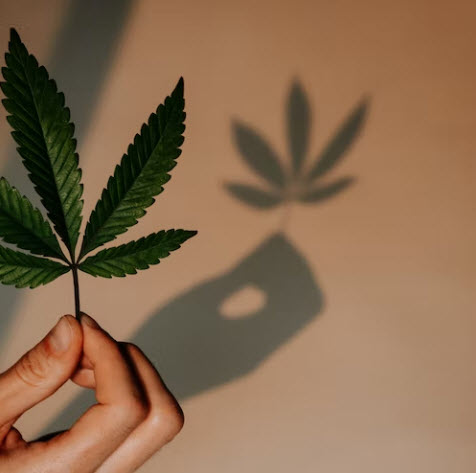There are many problems within the legalizing industry with “labor relations.” Why? And how can this be solved?
Imagine, for a minute, that a new, wondrous kind of root vegetable was suddenly discovered in the wilds of the Swiss Alps. Let’s call it an offshoot of the Brassica napus species. As it turns out, this mythical, wondrous, magical plant has amazing medical and “other” uses – that range from curing cancer and ameliorating movement disorders, chronic pain, and other terrible diseases. It also, when boiled, produces a substance which creates a very pleasurable “alternative” feeling that could be described as a “natural high.”
Let’s also then assume that, not unsurprisingly, many people began growing, processing and of course, selling, this wonder plant.
Because it is a new kind of plant, however, it does not fit into “normal” regulations – on any front.
Here is the exam question. Just because it is a new plant, does the path to market allow complete abrogation of common sense, not to mention all of the applicable regulations along the way, starting with labor law?
Now extrapolate that answer to the cannabis industry.
Labor Problems Are Common in This Industry – Just About Everywhere
One of the sadder parts of this revolution, so far, is that it has been dramatically unequal. Part of this of course, is that revolutions do not stop for “equity” or fairness. They are violent changes and upheavals in the status quo.
This plant has created that in the last decade – with at least another decade to go before fairly universal acceptance (at least). In the meantime, there have been some unfortunate battles, including on the labor front, which continue to leave their stain on the industry.
This includes issues in most legalizing countries such as:
In the US, there are many battles over pay and working conditions, generally. In large part, this is because the cannabis industry has still not been federally legalized, but also because labor issues are in a bad place in the US. One sign that things may be shifting? The emergence of the cannabis industry has certainly allowed unions to find a galvanizing issue (certainly in the states where there are strong unions).
That said, this is not an easy discussion to have anywhere. Growers in the Emerald Triangle are not automatic saints either.
In the past, this was a totally illegal industry. “Labour problems” were a luxury that was never discussed. It was the drugs biz. Disputes of all kinds were not infrequently “solved” at the business end of a gun.
Today, it really depends on who you work with. Some people who make it are generous with their success. Many others, however, are not. This is particularly difficult to accept for people who have survived, sometimes for decades, with a separate code of honor while pushing reform forwards. Not to mention people who do not understand how to (or cannot) raise capital quickly and operate in a fast-moving commodities market that is ever more frequently, global.
In direct contrast to the American industry, Canada has had far fewer problems with this kind of thing, but it’s not like they don’t exist.
In the UK, tragically, illegal cannabis farms are too often associated with slave labor and human trafficking. It is impossible to deny.
In Holland and Spain, the grey club and coffee shop culture has also existed “beyond” the law. It is not that there have not been historical issues, but on the flip side, there is a much higher standard of treating particularly front-line workers in Europe but even here, this is far from a regulated business. In Holland, of course, as the industry has legitimized, it is harder to mistreat people. This is a country where prostitution is not only legal, but sex workers have rights. So do, by extension, front-line worker bees in the cannabis cafes.
Where Are There Few Violations?
One of the shining exceptions to this track record, is in fact, in Germany. There are several reasons for this, starting with the federal legalization of a medical industry. In turn, this has channeled the entire discussion about labor issues into an existing and highly regulated one – from pharmaceuticals and pharmacies to GMP and certified medical standards. This is not to say that these boogeymen will not arise at some point, starting with the labor conditions on farms outside of Germany where domestic cannabis is sourced.
Developing Problem Areas
It is precisely because cannabis is moving increasingly into a formally commoditized space that there are ever larger and larger issues looming on the labor front. Because cannabis will be, in the future, increasingly treated like any other crop, this means that labor costs themselves will be deliberately kept as low as possible. This means, by definition, sourcing from places where the weather is hot, and pay is low.
Various consumer-led campaigns have targeted other industries in this kind of vertical before. Hopefully, the cannabis industry will learn those lessons ahead of time. However, rather tragically, there are still few indicators that it will not.
Towards Operational Models That Are Sustainable
This is not a problem that has gone unnoticed. Indeed, that is why there is today, a growing call in the investor community for what are called ESG standards to be applied to the industry.
ESG principles are another term for triple bottom line or “green” investing. It means that investors refuse to invest in businesses, of all kinds, which damage the environment or are cultivated in an unsustainable way, including violating people’s rights, Beyond this, management, or governance” of the corporate entity must be considered.
It is an inevitability that this kind of standard will be applied to the industry much more widely as it legalizes.
In the meantime, the growing pains are just that.








